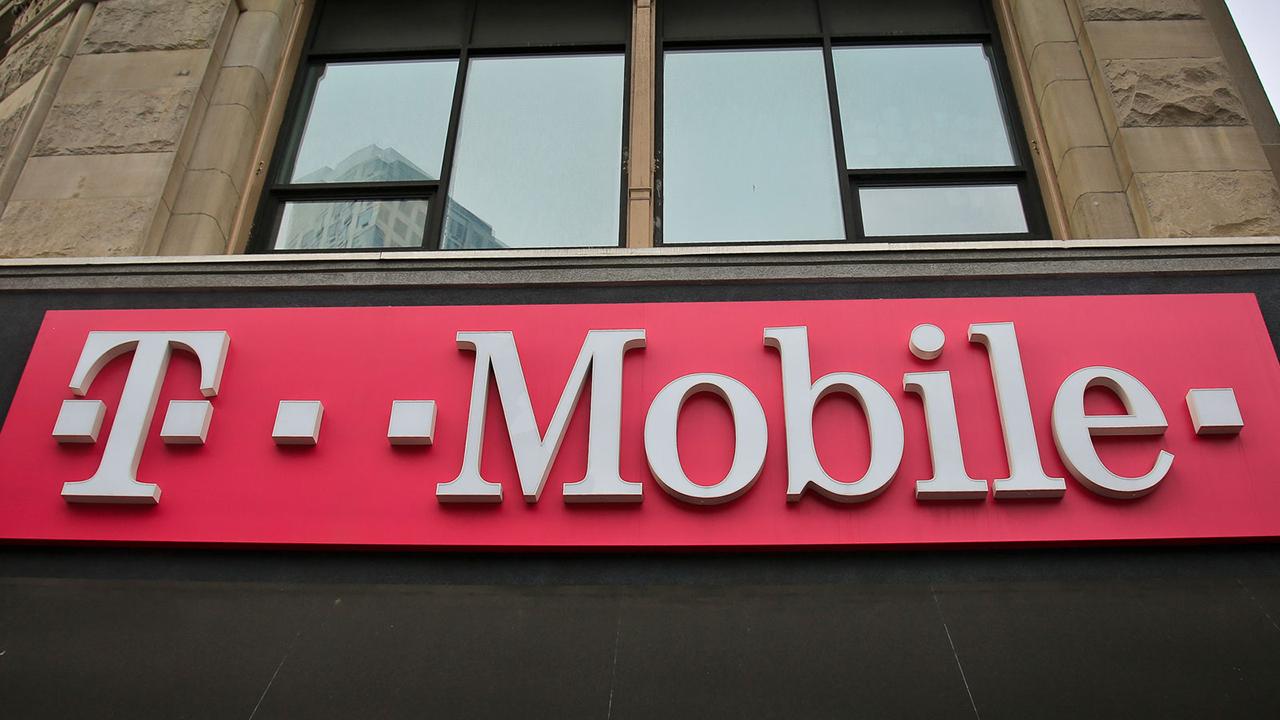Sprint, in attempt to salvage T-Mobile deal, argues company future at stake
Sprint would have no ability to compete in the U.S. wireless market if the Trump administration does not approve its $26 billion merger with T-Mobile, the carrier said in a recent federal filing, in the latest attempt by the firms to obtain clearance for a transaction that has drawn staunch opposition from lawmakers, unions, rural providers and others.
The Department of Justice and the Federal Communications Commission are both currently reviewing the deal. While company officials are bullish on the prospects, the DOJ is reportedly inclined to oppose the merger over concerns that it would not lead to the stated efficiencies that T-Mobile and Sprint promise as the nation’s third and fourth largest wireless carriers respectively.
As pressure on the transaction intensifies, Sprint is making a last-ditch attempt to persuade regulators, arguing that without the addition of T-Mobile the Overland Park, Kansas-based firm would no longer be able to effectively compete against Verizon and AT&T.
“Absent completing its transaction with T-Mobile, Sprint will have limited options, and is likely to be forced down either a repositioning path and/or a restructuring path,” Sprint wrote. “Repositioning would require additional cost cutting, which at a minimum would mean additional reductions to an already thin workforce, and even further scaling back of Sprint’s operations.”
Such a reality, Sprint said, would “only serve to strengthen Verizon and AT&T and further entrench their dominant positions.” The comment is a clear rebuttal to concerns from lawmakers and others that the reduction in U.S. wireless carriers from four to three would lead to higher costs for consumers.
Most noteworthy, the company said its recent additions to postpaid users were simply “free lines” offered to existing customers and do not represent new clients. Postpaid users are a critical metric of customers that do not prepay for service that the industry uses to judge the health of wireless carriers.
“While these public statements and the individual metrics cited are all accurate, they are incomplete and none are a substitute for a realistic analysis of the key factors that are most probative of Sprint’s overall competitive position and prospects,” Sprint wrote.
| Ticker | Security | Last | Change | Change % |
|---|---|---|---|---|
| S | SENTINELONE INC | 13.14 | -0.08 | -0.61% |
| TMUS | T-MOBILE US INC. | 197.66 | +0.27 | +0.14% |
| T | AT&T INC. | 27.11 | -0.02 | -0.07% |
| VZ | VERIZON COMMUNICATIONS INC. | 47.02 | +0.71 | +1.53% |
During its most recent investor call, executives said they were working to reduce postpaid churn as Sprint transitioned some customers from promotional deals.
“We believe that investments we are making in our network and customer experience will improve churn and help to lessen the perception gap that impact gross adds today, but it takes time to shift perception,” Jud Henry, vice president of investor relations, told shareholders.
Those efforts could be dampened, Henry cautioned, if Verizon and AT&T continued their strong promotional offerings.
CLICK HERE TO GET THE FOX BUSINESS APP
The company reported 309,000 total postpaid additions in the fourth quarter of 2018.




















